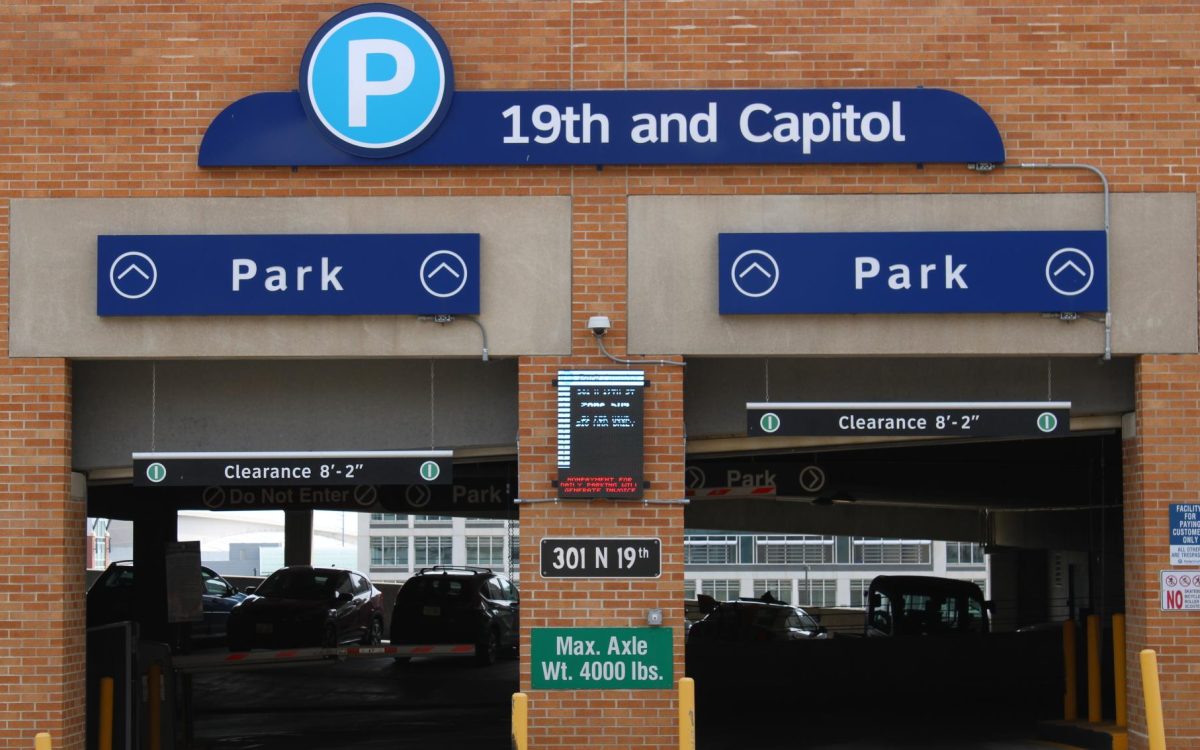Prison reform is necessary
September 20, 2021
Within the last few years there has been a significant decline in the rate of imprisonment in the U.S., but the need for a change within the prison system has never been more urgent. Often, the punishments associated with prison are not what is necessary or helpful for those subjected to them. Prisons are known to have disastrous effects on the prisoners’ mental health as well as their future after parole. Additionally, Countless families and children must live with the bitter consequences of an incarcerated parent. In many ways, the negative outcomes caused by this system outweigh the positive ones. The U.S. prison system needs a change that can only come from abolishing its most basic principles. Prison reform should no longer be viewed as a radical idea but as a societal necessity.
One flaw of the United States’ prison system is its racial bias. The prison system was designed from the start to disproportionately affect people of color, so it is no surprise that it still operates to accomplish that intention. The very idea of organized imprisonment in this country originated as a loophole for slavery after it was abolished in 1865. At the time, mass incarceration became a common tactic of the oppressor to keep people of color under their control as they could no longer use slavery (legally) to uphold that power. Albeit over time, the purpose of prisons has evolved past that loophole, the roots from which the system grew are still pertinent today. Specifically, black Americans are five times more likely than white Americans to be imprisoned (Pew Research Center). The racial bias that the prison system was built on and still stands for is a testament to its imperative need for reform.
Understanding why the prison system was created makes it easier to understand why it has become the disgraceful, debilitating entity that it is. According to the Equal Justice Initiative, the considerable number of issues present within American prisons include overcrowding, corruption, violence, sexual and mental abuse, as well as denied medical care. Some may argue that prison is supposed to be a bad, uncomfortable place in order to exist as motivation for good citizenship. While this is a valid argument, prisons in the United States have far surpassed the point of discomfort. Prisoners endure inhumane treatment on a daily basis, most of which no crime could justify. This is not to say that victims of crimes such as homicide, sexual assault, domestic violence and child abuse should not have their offenders severely punished. Contrarily, those who commit these unacceptable crimes should undoubtedly experience most of the same punishments they do now. Losing rights like owning firearms, public and parental benefits and employment in certain fields are valid punishments that do not pressingly call for modification. In essence, reform for the overall prison environment is necessary but does not imply reducing legal punishments for major crimes.
After the inadequacies are considered, the question remains as to how society would go about efficient prison reform or even prison abolition, as many criminal justice activists have been calling for. There are ample ways to take action on the individual level. For example, speaking out. One practical method for speaking out about issues like this, especially as a young person, is to contact representatives through phone or email. Additionally, there are ways to contribute to prison reform on a wider, potentially national scale. Supporting organizations focused on criminal justice is an effective way to do this. Donating to fund their efforts or signing petitions like The Sentencing Project’s petition to end voting restrictions for convicted people can be a simple and easy means to bring about prison reform.
Ultimately, it is the responsibility of lawmakers to create a safe and psychologically accommodating prison environment. The severe issues that currently dominate the prison system are keeping those convicted from bettering themselves, as well as allowing them to leave prison in an unchanged or worsened state of mind, hindering society as a whole. While the victims of those in prison deserve justice, it is important to acknowledge that justice can be served without the loss of basic human rights.



















